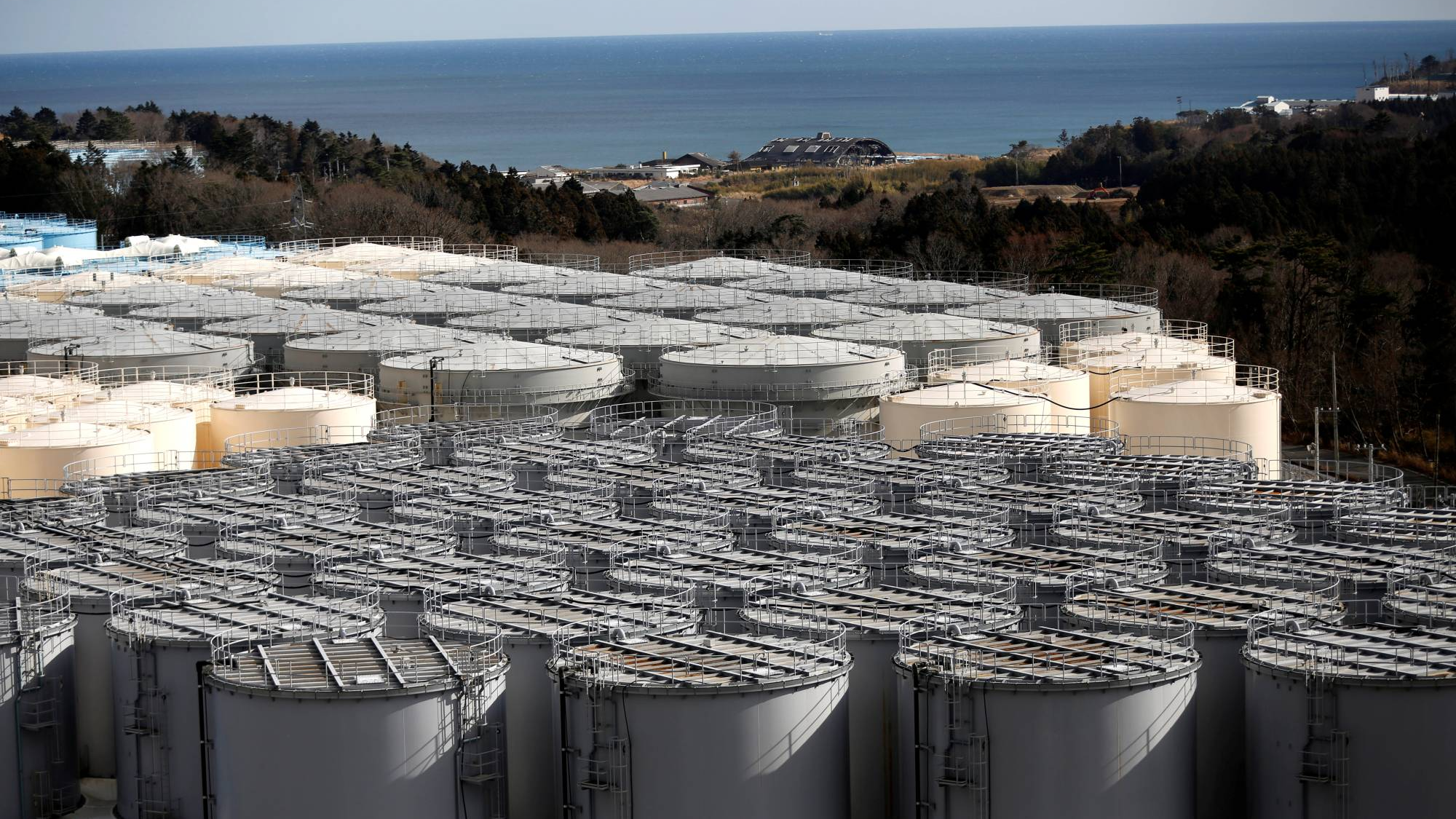
Editor's note: Anthony Moretti is an associate professor at the Department of Communication and Organizational Leadership of Robert Morris University in Pittsburgh, Pennsylvania. The article reflects the author's views and not necessarily those of CGTN.
We who have earned the title "professor" have one of the most noble jobs anywhere in the world: Educating the next generation. Our obligation as teachers goes beyond instilling hard skills – knowing how to work in a lab, understanding how to read a business spreadsheet and more – in our students: we also must ensure they are ready to become global citizens.
Global citizens recognize their home country becomes their launching pad to engage with like-minded people all over the world. As just one example, globally minded American college graduates should understand that cooperation, not confrontation, and friendship, not friction, must define the 21st-century U.S.-China relationship.
Viewed another way, adopting a global mindset makes these college graduates more amenable to the idea of a shared future.
A shared future affirms that choices made now and in the future will have implications not just in "my" country, but throughout the world. The environment is perhaps the most obvious example: The Earth is mighty and it can recover from many things, but it must be treated as a most precious entity. Abuse the Earth too much and it will turn on us; and if it were to do that, we humans would be to blame.
Therefore, acknowledging a shared future demands that all of us challenge poor environmental decisions made by businesses or governments.
Last month's announcement by the Japanese government outlining the planned dumping of nuclear wastewater from the destroyed Fukushima nuclear power plant into the Pacific Ocean drew plenty of criticism, as it should have. (Sadly, too many Western nations aligned with Japan instead of speaking out against this dangerous choice.) Simply put, there's no way to ensure radioactive material will not be dumped into the ocean despite promises from Tokyo that the wastewater will be treated prior to disposal. Polluted material seems certain to make its way up the food chain and eventually reach humankind.
At least for now, the justified anger from the Japanese fishing community and from the South Korean and Chinese public has been ignored. Maintaining pressure on the Japanese to rethink this plan offers a powerful example of how we in higher education can affirm our commitment to a shared future. In addition, transparent communication with other governments and the United Nations, urging that pressure be put on Tokyo to find another way to dispose of the wastewater, advances the shared future concept.

Tokyo Electric Power Company projects that tanks at the Fukushima No. 1 plant that hold contaminated water will reach capacity in the summer of 2022. /Reuters
Tokyo Electric Power Company projects that tanks at the Fukushima No. 1 plant that hold contaminated water will reach capacity in the summer of 2022. /Reuters
Of course, environmental challenges are all around us. Greenhouse gases emitted from coal are just one example. Western media are quick to criticize China for its use of coal, but those same news agencies are less likely to explore what China is doing to reduce its carbon footprint. Perhaps the most powerful declaration of China's intentions came from a directive from Chinese President Xi Jinping to make the country carbon neutral in less than 40 years. The Center for Strategic and International Studies, in the United States, reported China is taking other important steps.
China is likewise upgrading its power grid with more efficient "ultra-supercritical" plants, which produce more energy with less coal. This push will raise standards well past those currently in place in the U.S. Other state-driven measures include the 2013 introduction of carbon capture and storage (CCS), which remains in the early phases of development.
Thankfully, the U.S. government, which has had almost nothing nice to say about China in recent years, is pledging to be China's partner in addressing climate change. The recent climate virtual conference hosted by the White House was an important indicator that the U.S. was ready to talk the talk and walk the walk in being a global leader on this topic.
The American public remains skeptical about legitimate environmental challenges around the world. The Brookings Institution reported: "As the climate crisis [around the world] becomes more serious and more obvious, Americans remain resistant to decisive and comprehensive action on climate change." It added: "As scientific evidence about the causes of climate change has mounted and as a consensus has evolved in the scientific community, the public has remained divided and large, important parts of the political class have been indifferent."
Terribly sad words.
College and university professors can make important contributions in combating climate change, no matter our field of expertise, and no matter in which country we live. We can jointly support mutual collaboration and consistent communication to make the Earth safe for future generations.
And these types of international collaborations remain essential and must continue, no matter how strained U.S.-China relations might be. Critics of higher education often accuse it of being an "ivory tower," a place where professors remain aloof from the public and its needs.
I believe we in higher education must be at the vanguard of joining hands with our colleagues all over the world to promote the benefits of a shared future, regardless of whether our audience is our students or the general public.
(If you want to contribute and have specific expertise, please contact us at opinions@cgtn.com.)

